
Bathrooms are often sanctuaries of self-care and relaxation. But let's be honest, battling with dim lighting to apply makeup or shave in the morning isn't exactly relaxing. This is where the right mirror comes in. But beyond simply reflecting your image, have you ever considered which type of mirror reflects light the best?
This might seem like a technical detail, but it can significantly impact your bathroom experience. A well-lit mirror not only provides optimal illumination for your morning routine but can also make your bathroom feel brighter and more spacious. So, let's delve into the world of light-reflecting mirrors and discover which type reigns supreme!
Understanding Mirror Reflection
Before exploring different types of mirrors, it's important to understand how they reflect light. In essence, all mirrors, regardless of material or design, work by reflecting light that falls upon their surface. However, subtle differences can influence how much light is reflected and how efficiently it illuminates the space.
Here are some key factors to consider:
- Mirror Surface:High-quality mirrors with a smooth, polished surface will reflect light more efficiently than those with imperfections or blemishes.
- Glass Type:Low-iron glass, commonly used in high-quality mirrors, minimizes a greenish tint and allows for a clearer and brighter reflection.
- Mirror Coating:Some mirrors have a reflective coating on the back surface that enhances light reflection. This is particularly true for LED mirrors, which we'll discuss later.
Traditional Mirrors: Function Meets Simplicity
Standard glass mirrors are the most common type and offer good overall light reflection. They're affordable, readily available, and work well in most bathrooms. However, remember these points about traditional mirrors:
- Limited Light Enhancement:While they reflect light, they don't actively contribute to additional lighting in the bathroom.
- Potential for Distortion:Budget-friendly mirrors may have slight imperfections that can cause minor distortions in the reflection.
Pro Tip: When choosing a traditional mirror, opt for one with low-iron glass for a clearer and brighter reflection.
Framed Mirrors: Adding Style and Functionality
Framed mirrors add a decorative touch to your bathroom while still reflecting light. However, consider these points:
- Frame Material:Choose a frame material that doesn't obstruct the mirror's surface. Metals or thin wood frames work well, while thicker frames might cast shadows.
- Frame Color:Lighter-colored frames, like white or silver, can reflect some light back into the space, further enhancing brightness.
Remember: A well-chosen framed mirror can elevate your bathroom's style while still offering good light reflection.
LED Bathroom Mirrors: The Light Champions
Now, let's talk about the true light-reflecting champions: LED bathroom mirrors. These mirrors integrate LED lights directly into the frame, providing task lighting around the mirror's surface.
Here's why LED bathroom mirrors are excellent at reflecting light:
- Built-in Illumination:The LED lights illuminate your face and bathroom space, eliminating the need for additional lighting sources directly above the mirror.
- Enhanced Clarity:The bright, focused light from LEDs can enhance the clarity of your reflection, making tasks like applying makeup or shaving easier.
- Adjustable Lighting:Many LED mirrors offer adjustable lighting features, allowing you to switch between cool white and warm white light depending on your needs.
However, keep in mind some points about LED mirrors:
- Higher Cost:LED mirrors are typically more expensive than traditional mirrors.
- Installation:These mirrors might require electrical wiring for installation.
Looking for the ultimate light-reflecting mirror?Wellfor offers a stunning collection of LED bathroom mirrors that combine high-quality, low-iron glass with built-in LED lighting. Explore their collection here: [https://www.wellfor.com/collections/mirrors]
Understanding How Mirrors Reflect Light
Before we dive into specific mirror types, let's quickly understand how mirrors work. Essentially, a mirror is a sheet of glass coated with a reflective material, usually silver or aluminum. When light hits the mirror, it bounces off the reflective surface, creating the image we see.
Types of Mirrors: Which Reflects the Most Light?
- Standard Glass Mirrors:These are the most common type of mirror. They're made of glass coated with a reflective material, typically silver or aluminum. While they reflect light well, they can sometimes have a slight greenish tint due to impurities in the glass.
- Low-Iron Glass Mirrors:These mirrors use glass with a reduced iron content, resulting in a clearer and more accurate reflection. They're a step up from standard glass mirrors in terms of light reflection.
- Silvered Mirrors:These mirrors use a silver coating instead of aluminum, offering a superior reflection. They tend to be more expensive but provide a crisper, brighter image.
- LED Mirrors:These are the champions of light reflection. With built-in LED lights around the frame, they not only reflect existing light but also add their own illumination. This creates a brighter, more focused reflection, perfect for tasks like applying makeup or shaving.
LED mirrors are often considered the best option for maximum light reflection. They combine the clarity of high-quality glass with the power of direct illumination, creating a truly exceptional bathroom experience.
Factors Affecting Mirror Reflectivity
Beyond the type of mirror, several other factors influence light reflection:
- Mirror Size:Larger mirrors generally reflect more light than smaller ones.
- Mirror Placement:Placing a mirror opposite a window can maximize natural light reflection.
- Mirror Condition:A clean, smudge-free mirror will reflect light more efficiently than a dirty one.
Choosing the Right Mirror for Your Bathroom
When selecting a mirror, consider the following:
- Bathroom Size:If you have a small bathroom, an LED mirror can help create an illusion of space.
- Lighting:If your bathroom has limited natural light, an LED mirror can significantly improve visibility.
- Style:LED mirrors often have a modern look, but you can find options to suit various styles.
- Budget:LED mirrors tend to be more expensive than traditional mirrors.
Wellfor offers a range of high-quality mirrors, including LED options, to enhance your bathroom space. Check out their collection here: [https://www.wellfor.com/collections/mirrors]
Final Thought
While all mirrors reflect light, some do it better than others. LED mirrors, with their combination of high-quality glass and integrated lighting, are the clear winners when it comes to maximizing light reflection. However, traditional mirrors can still provide excellent results, especially if you choose low-iron glass and optimize your bathroom's lighting.
Ultimately, the best mirror for you depends on your specific needs and preferences. Consider your bathroom's size, lighting conditions, and personal style when making your choice.


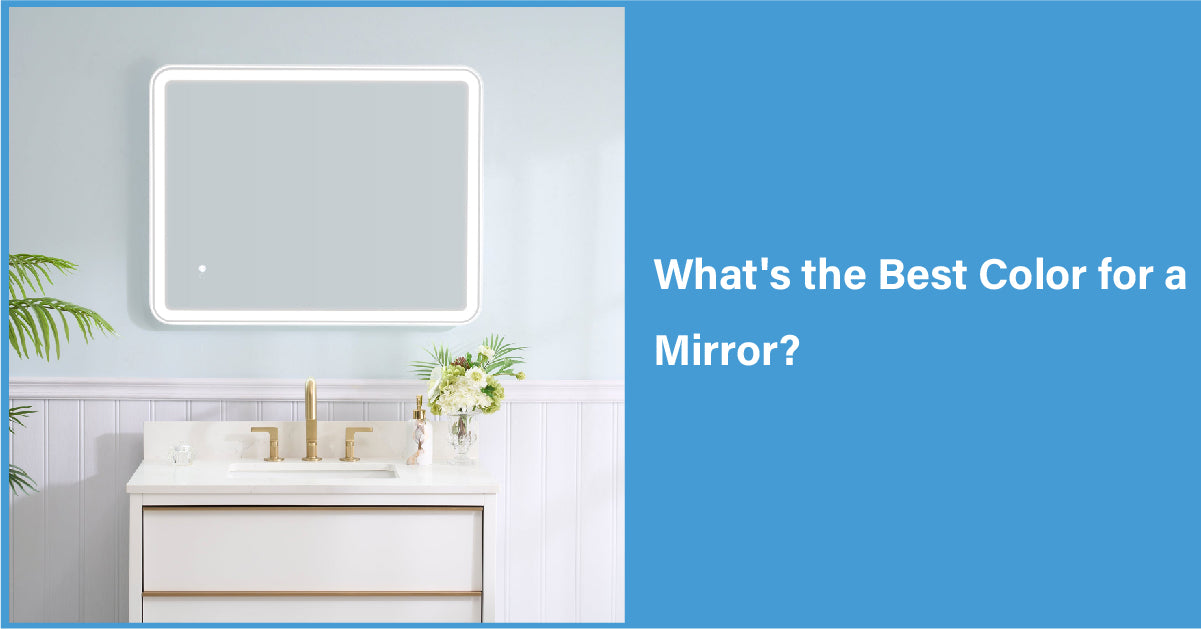
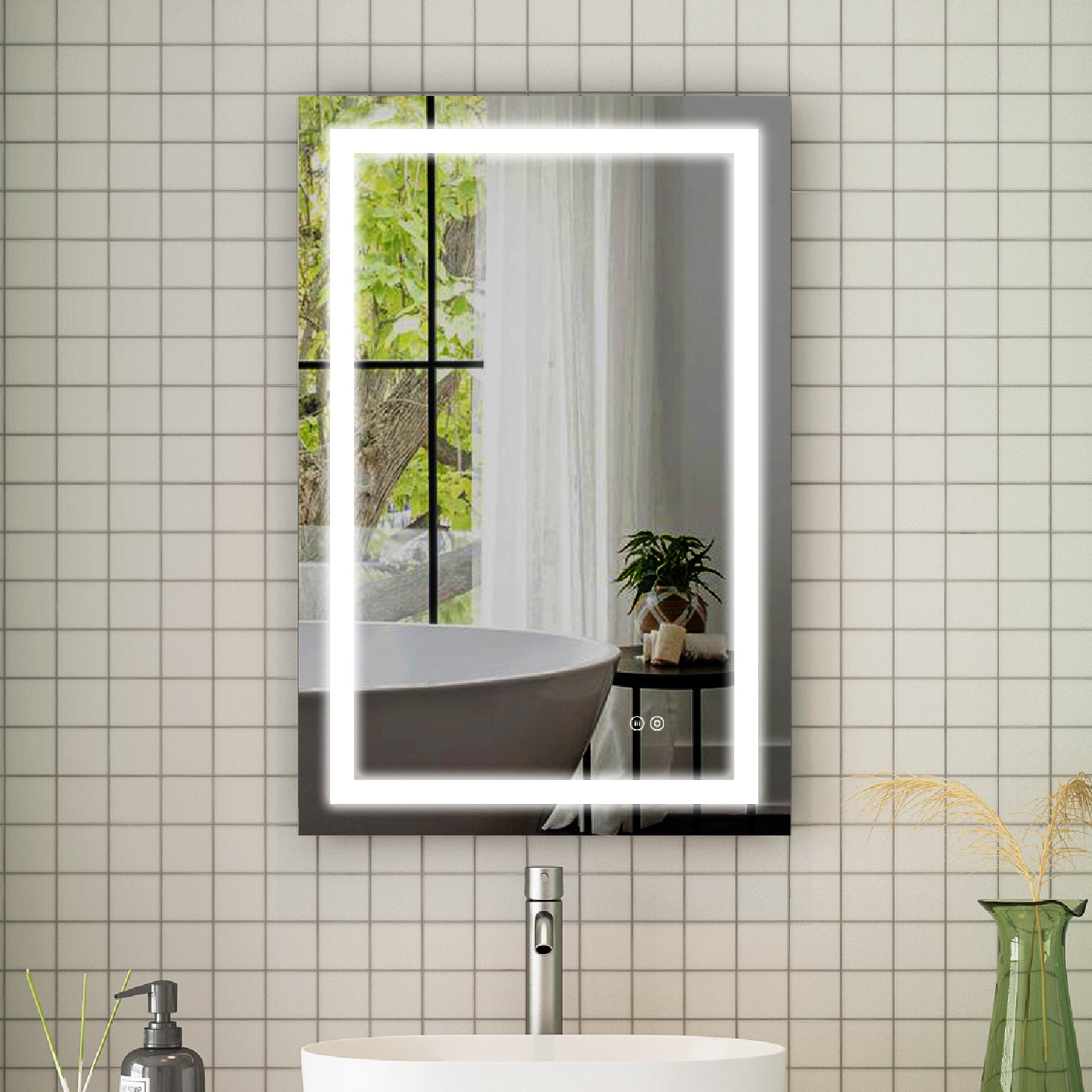
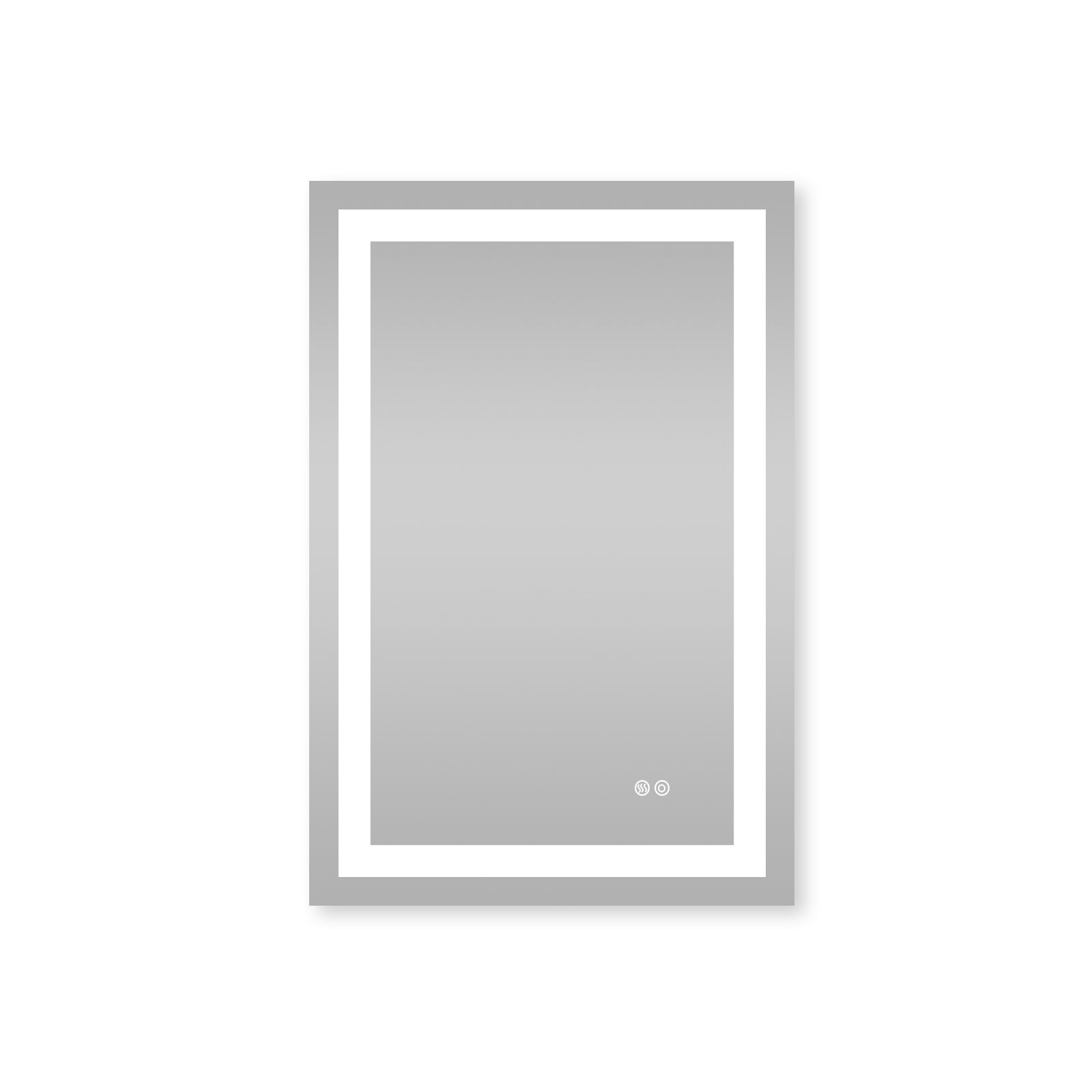
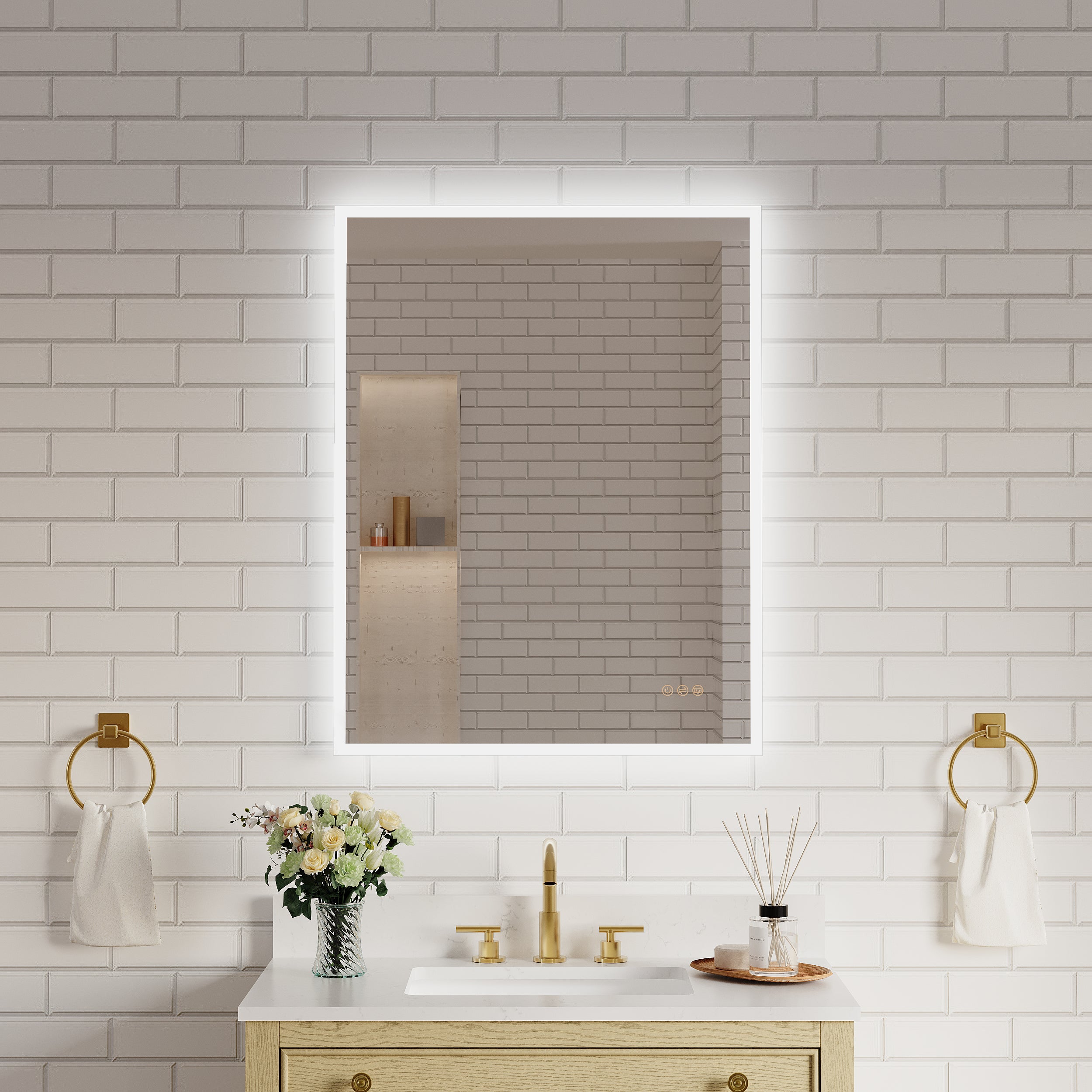
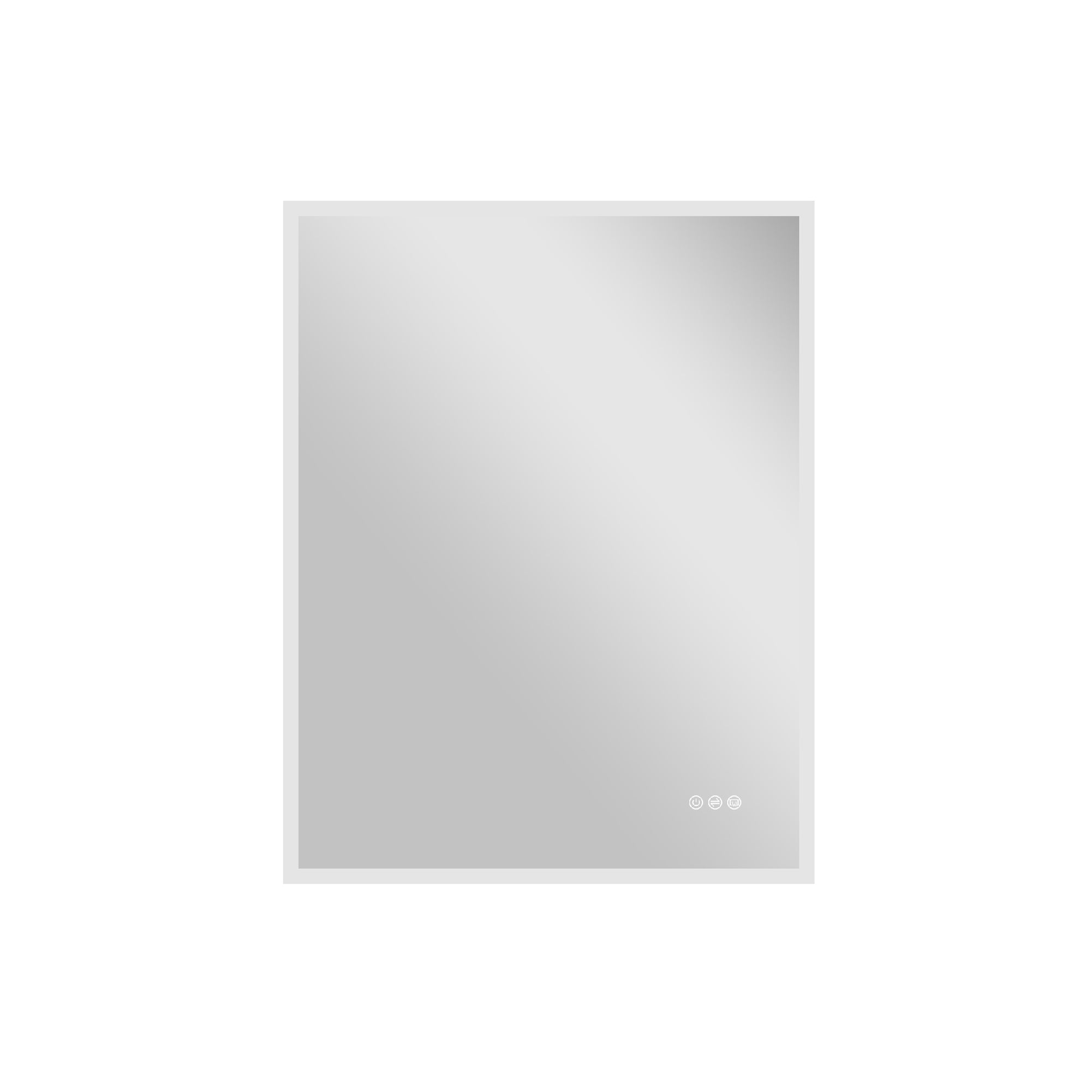
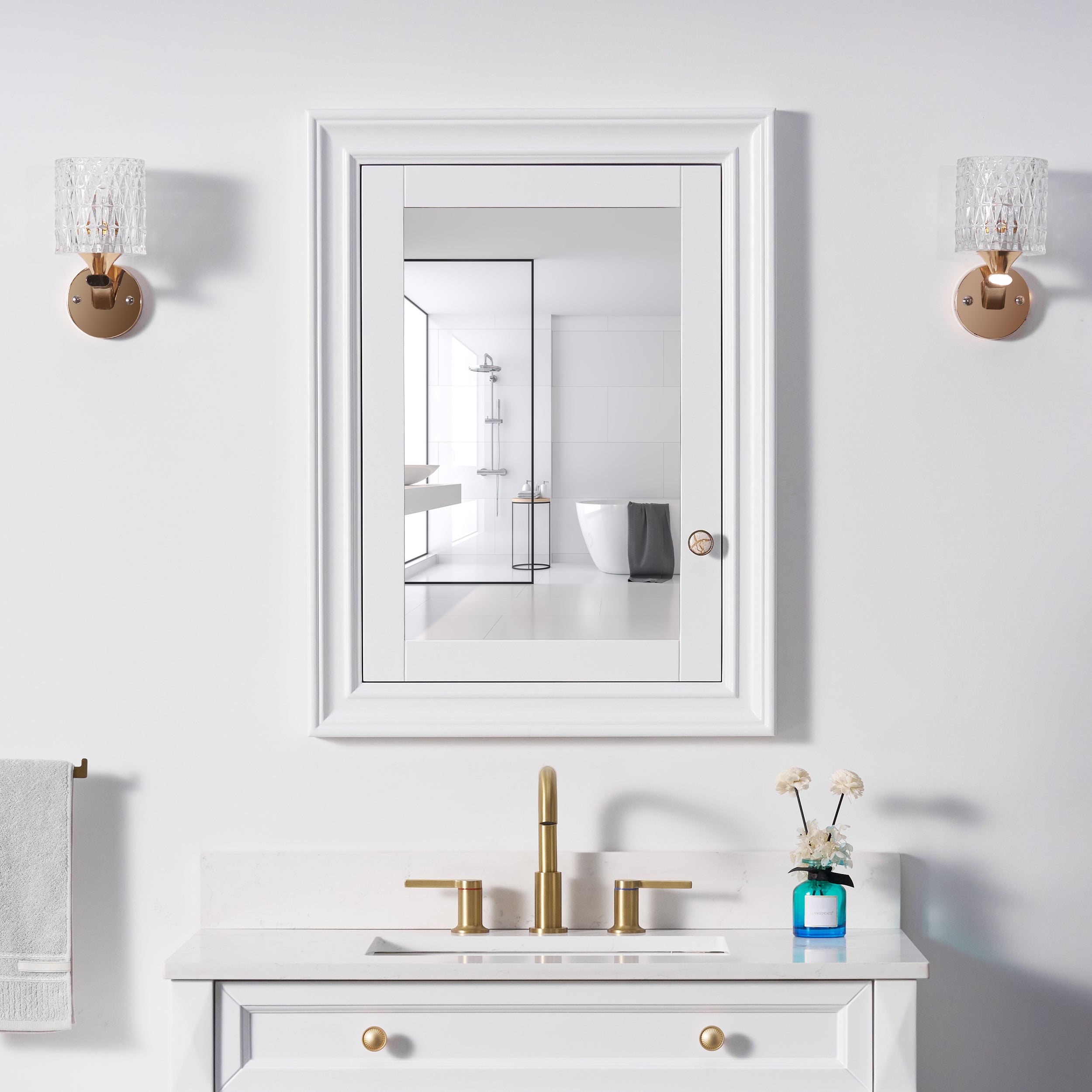
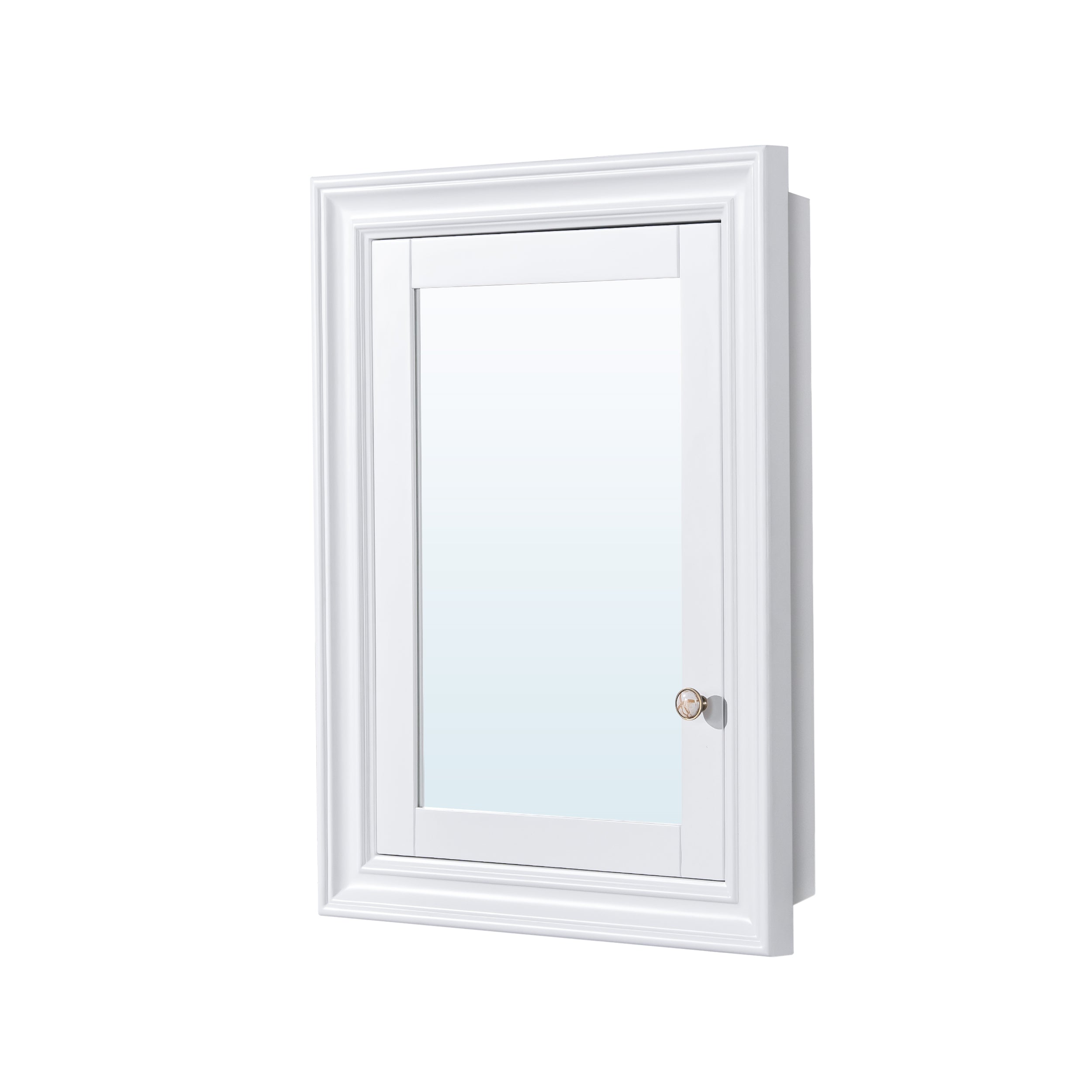
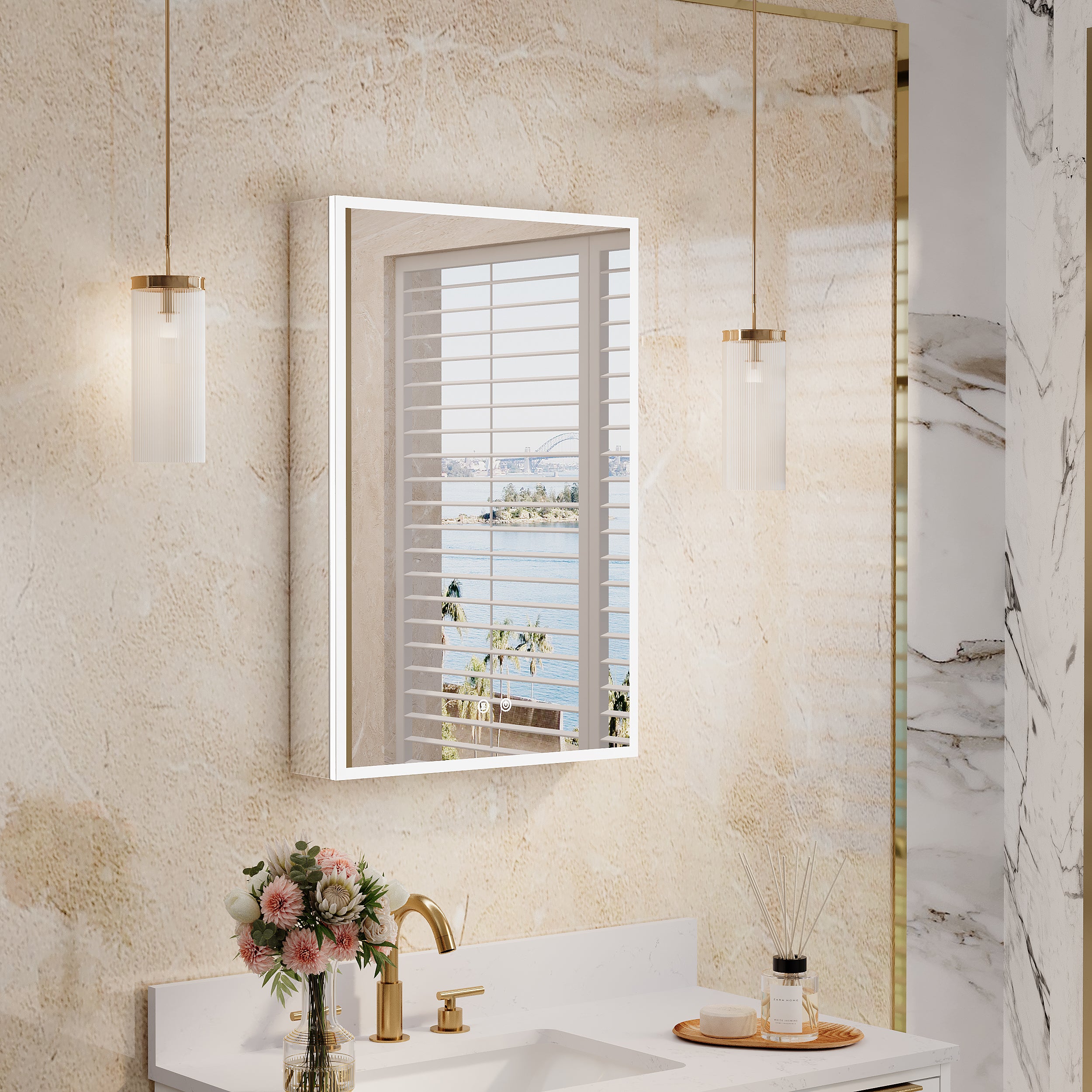
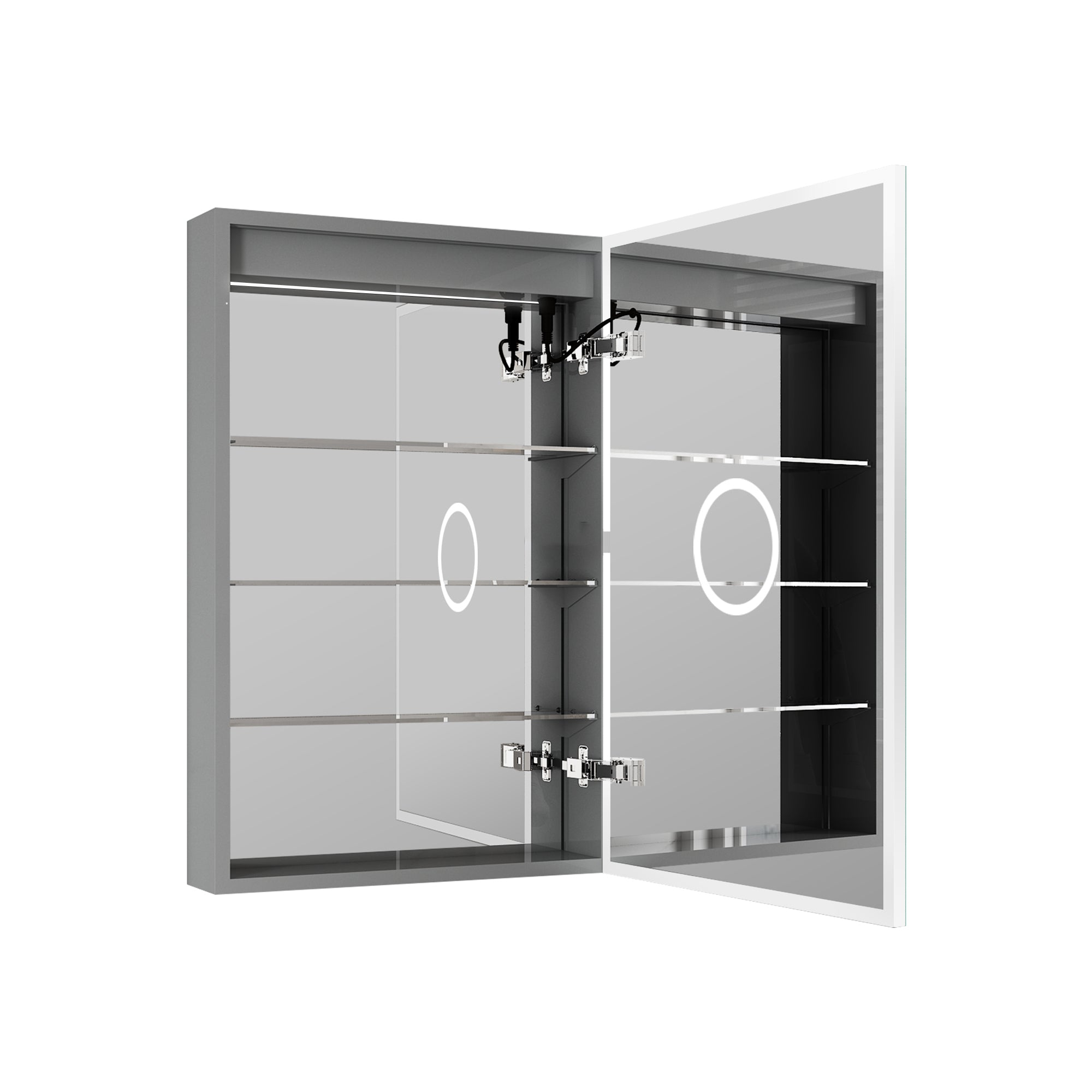
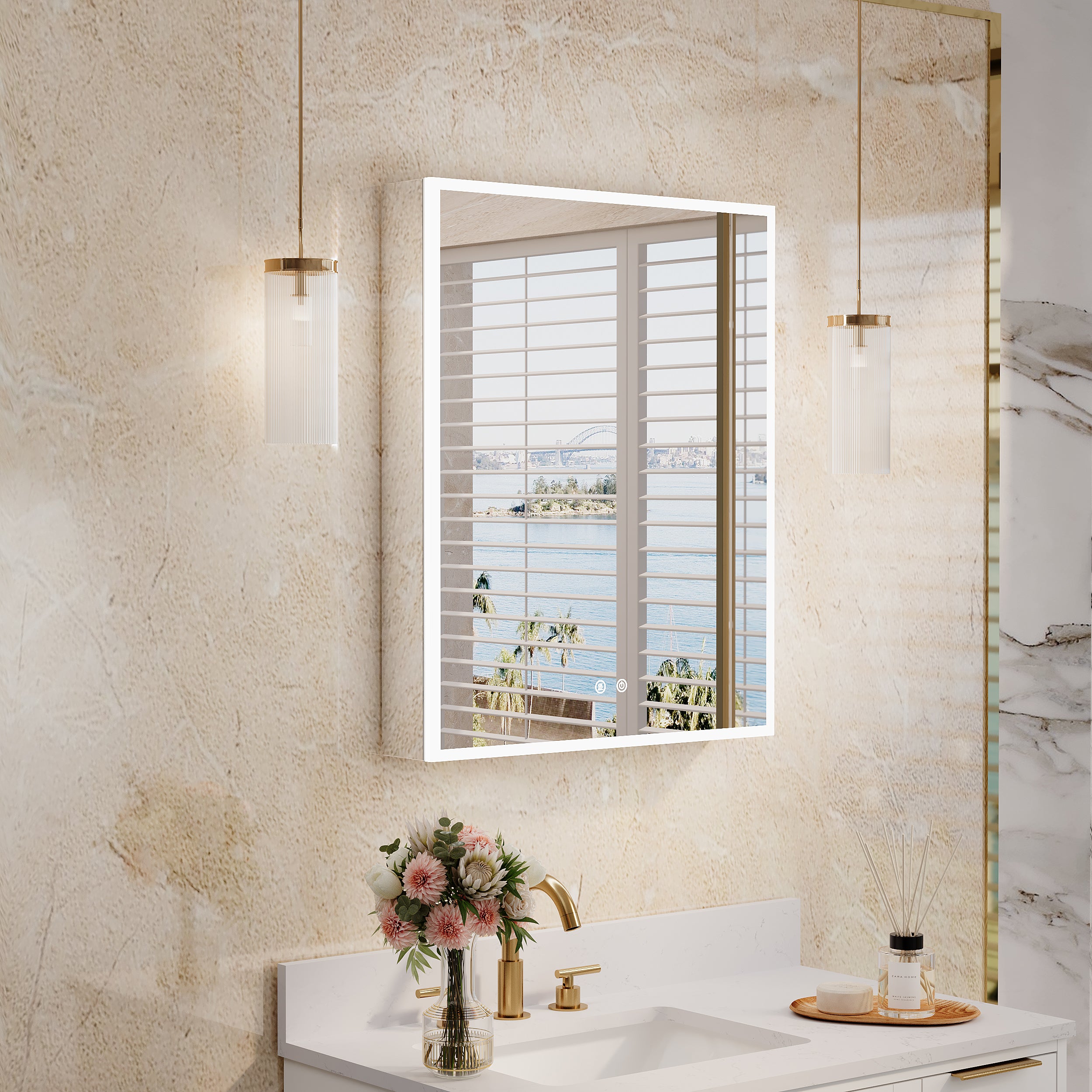
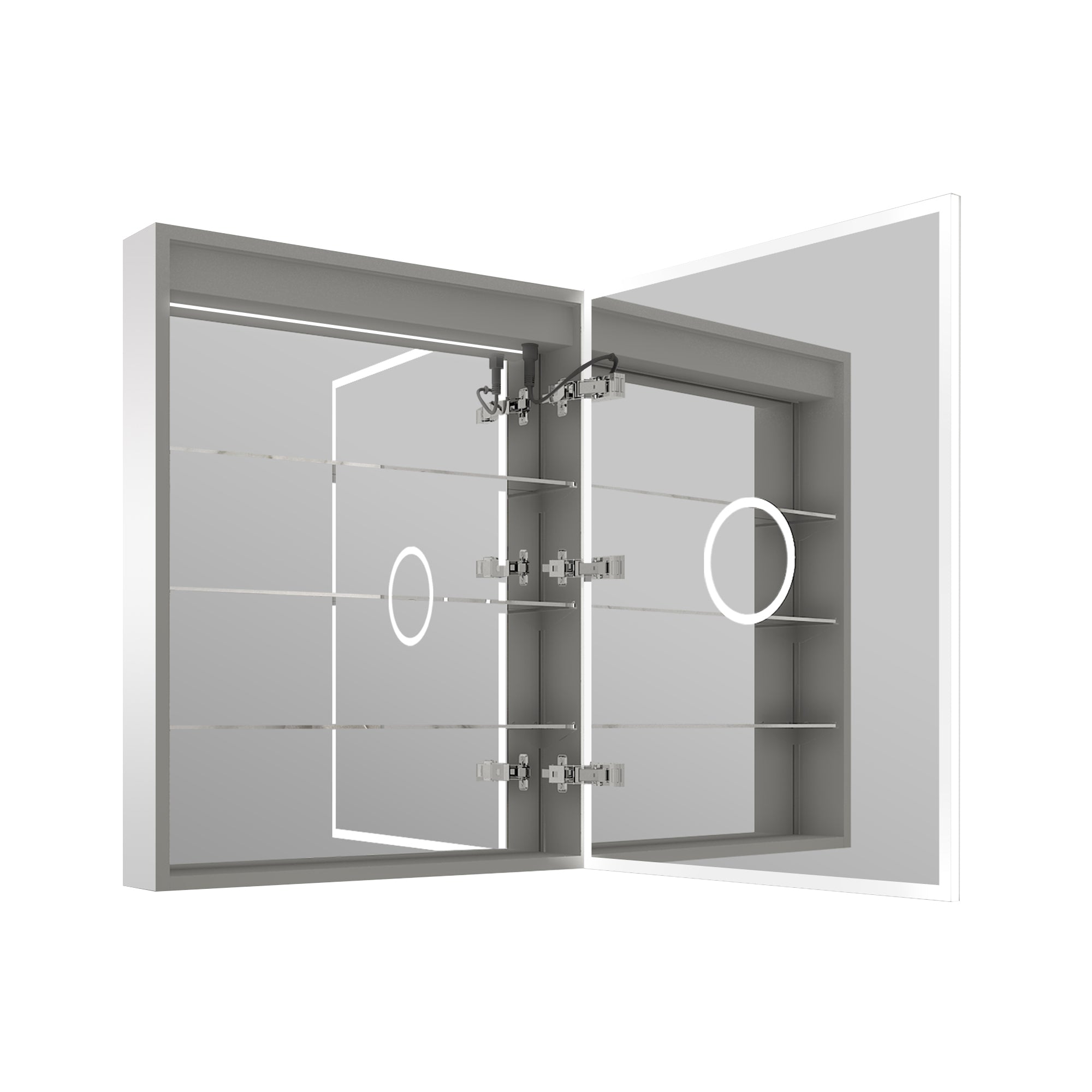
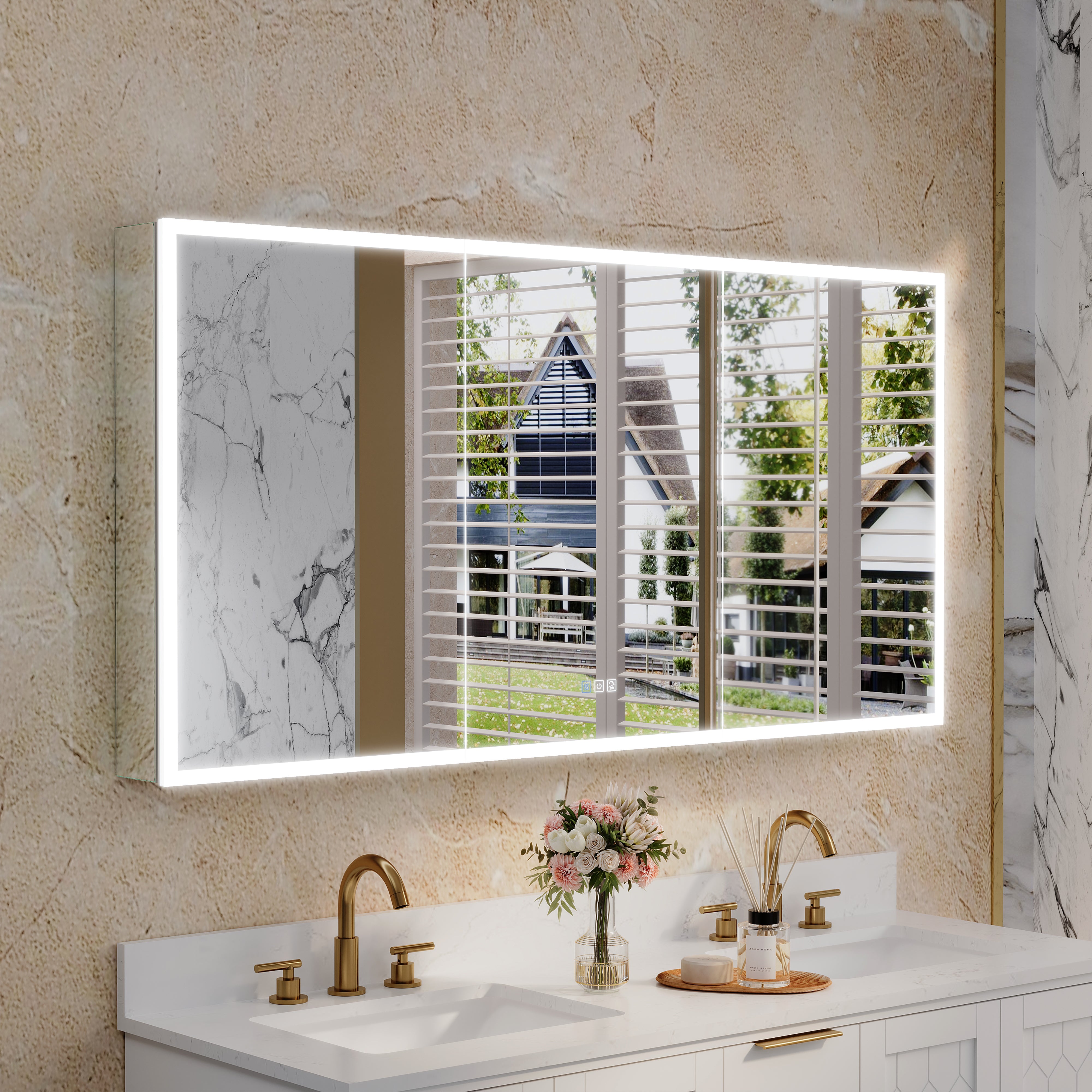
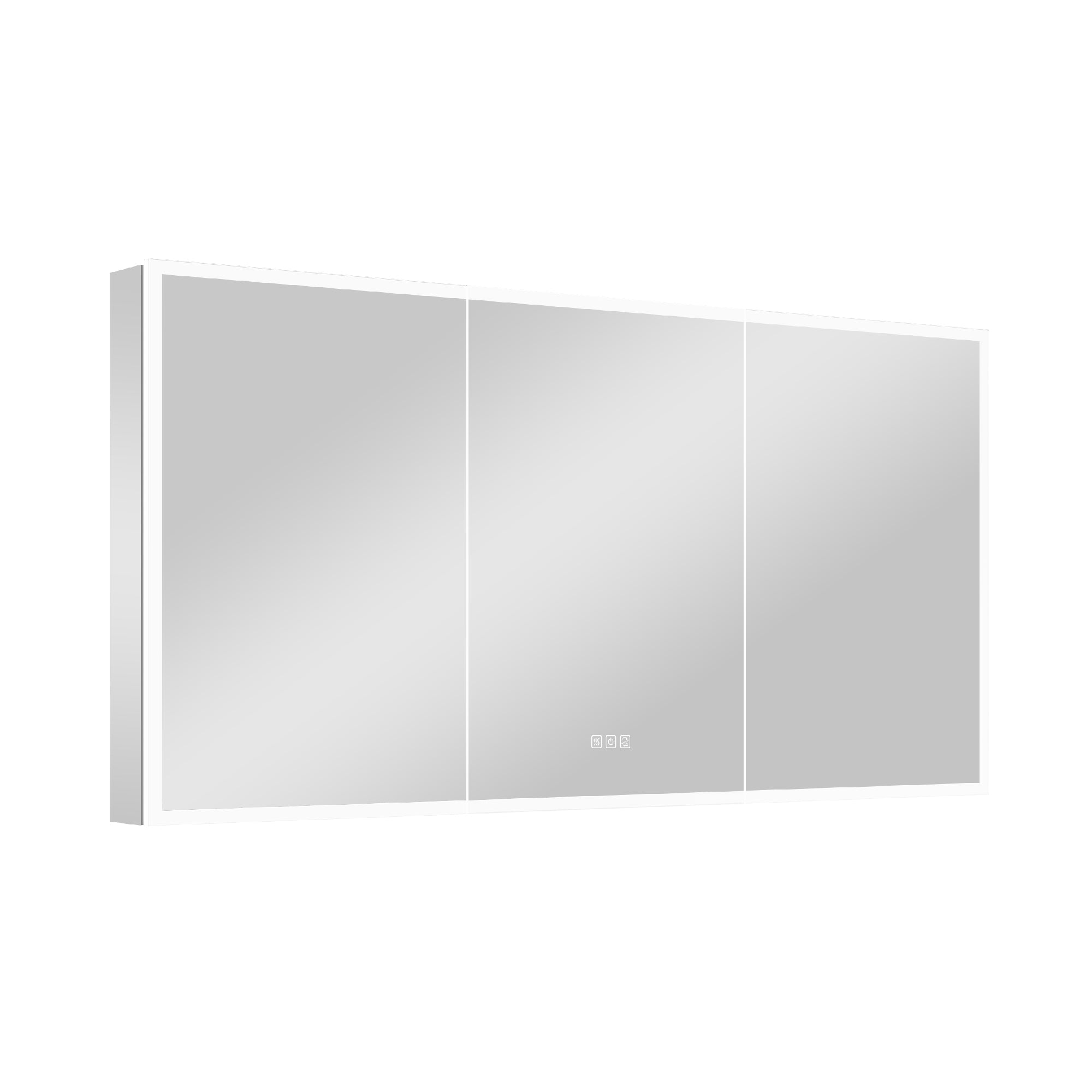
Leave a comment
This site is protected by hCaptcha and the hCaptcha Privacy Policy and Terms of Service apply.